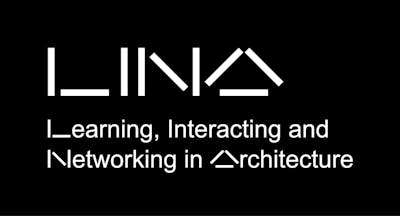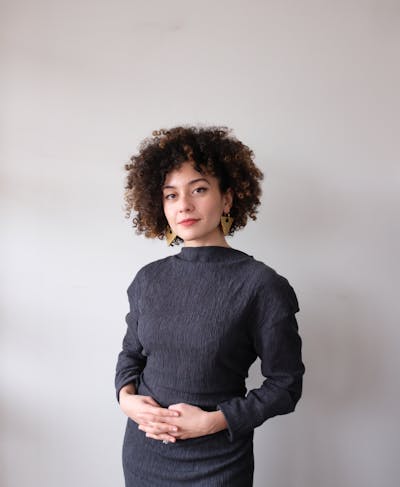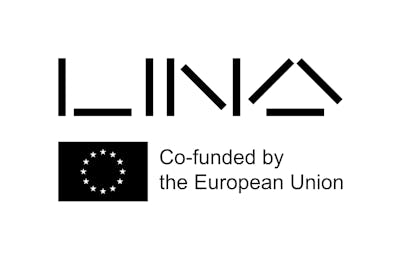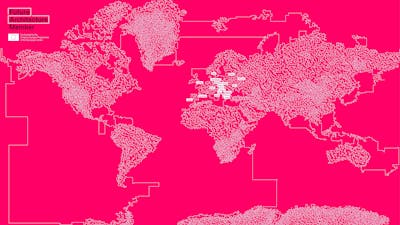Connecting with international neighbourhood street projects
Getting European perspectives on streets

Openstreets22. The street can host many activities at once. Here from rue Picardstraat, Molenbeek. Photo: Ivan Put.
Through the European architecture platform LINA Oslo Architecture Triennale have selected three practices to collaborate with in 2023, zooming into the scale of the streets.
The Oslo Architecture Triennale is one of the 27 members of the European architecture platform LINA, a network connecting prominent cultural organisations with emerging practitioners. The aim is to provide an international platform for circulation and knowledge exchange for young and emerging voices. Every year the Platform presents a public programme committed to fostering change towards more sustainable, circular, and environmentally aware practices in architecture.

The European architecture platform LINA is a network of 27 architectural museums, universities, research networks, foundations, triennials, biennials, and other European architectural organisations.
In 2023 the Oslo Architecture Triennale invited three LINA Fellow collectives to develop a project and contribute to a roundtable conversation exploring the theme of Neighbourhood Streets. Furthering the discussions raised with the 2022 edition Mission Neighbourhood – (Re)forming Communities, the Lina Fellows will focus on the scale of the streets working with a specific case study from their own city context. The proposals will reflect upon, discuss, and suggest possible new ways of organization, occupation and (re)design, which contribute to forming more sustainable, diverse and inclusive communities. The project will be presented digitally through the Triennale platforms, and in a roundtable session in Oslo in Spring 2023.
The selected Lina Fellows in 2023 are Meriem Chabani, Palace of Un/Learning, and Filter Café Filtré – Atelier.

Meriem Chabani is an Algerian-French architect, urban planner and founding partner at New South. By questioning power dynamics and stakeholder relations, her projects offer evolutive intersections between the global South and the global North.
She currently teaches at the Ecole Nationale Supérieure d’Architecture Paris Malaquais (FR), Royal College of Art (UK) and HEAD Geneva (CH). In 2020, Meriem won a Europe 40 under 40 award from The European Centre for Architecture and The Chicago Athenaeum.

Palace of Un/Learning, founded 2022 by Bernadette Krejs and Max Utech, is a space for exploring, inventing, negotiating and sharing counter-hegemonic design strategies towards accessible, transformable and empowering un/built structures.
Bernadette Krejs is an architect and researcher currently based at the Institute for Architecture and Design at Vienna University of Technology. She holds a PhD in Architecture, working in a transdisciplinary research field between architecture, housing and visual culture.
Max Utech is a licensed architect and researcher currently based in Vienna and Paris with projects between urbanism, architecture and art. His focus lies on the equal, inclusive and affordable development of our urban habitat and in transformative and counter-hegemonic design strategies for enabling spaces. He teaches and researches at the Institute for Architecture and Design of TU Vienna.

From left to right: Annekatrien Verdickt, Cléo Hesse, Yasmina Lansman, Marine Bistiaux, Lotte Luykx.
Filter Café Filtré – Atelier is an alternative design practice based in Brussels. It grew out of a citizens' movement in 2018 and has set itself the goal of developing concrete solutions and spatial visions of the future through design research, in which better air quality, traffic safety and more liveable and child-friendly cities are the objectives. The Atelier zooms in on specific places, themes and different scales of the city: from urban infrastructure like the Charles Quint or Leopold II avenue, to neighbourhood streets like the summer streets in the Maritiem neighbourhood, a sports loop in the city centre of Brussels, to the smallest scale: the (school) building in the Open Air Schools research.
Their trajectories combine expert and participative workshops, tactical urbanism with long-term visions of the future in which the power of imagination is central. For Filter Café Filtré Atelier, the street is the key space for transition.
Annekatrien Verdickt is an architect and founder of Terwecoren-Verdickt architects based in Brussels and teaches at Ghent University. In 2018, she founded the co-creative Filter Café Filtré Atelier that strives for more livable and healthy cities through design and place making.
Lotte Luykx is an architect based
in Brussels and graduated from KULeuven in 2016. Her professional focus
lies in design and research concerning urban issues and social design.



